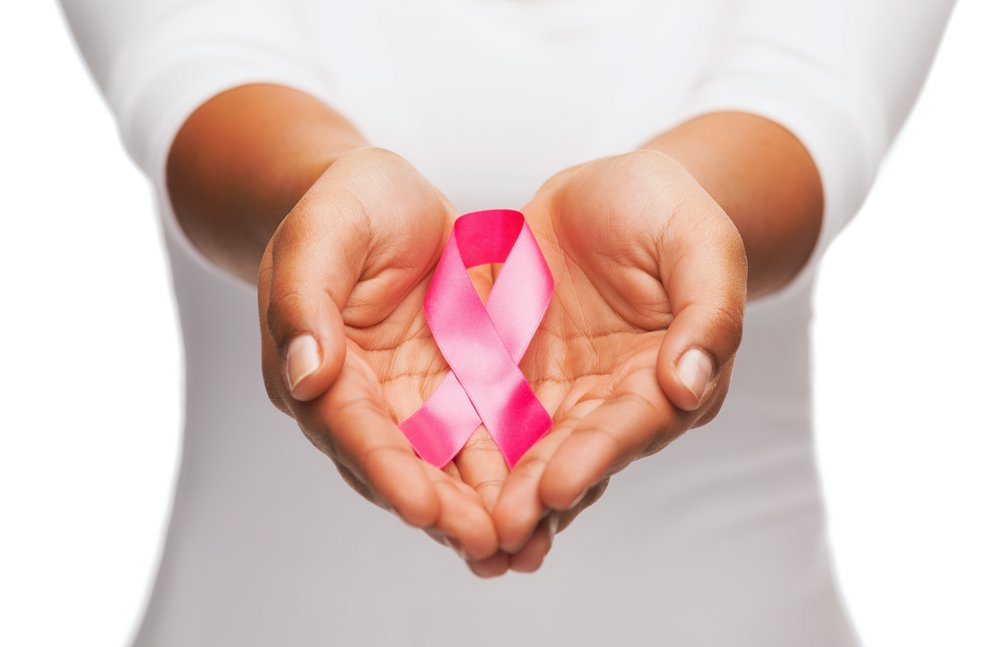Lucknow: Specialized cancer care focused on reducing pain typically involves a multidisciplinary approach, combining various treatment modalities and supportive care strategies. Here are some key components and methods used to manage cancer pain effectively:
1. Pain Management Teams
Specialized pain management teams often include oncologists, palliative care specialists, pain specialists, nurses, and pharmacists. These teams work together to create personalized pain management plans for each patient.
2. Pharmacological Treatments
- Analgesics: These include non-opioid pain relievers (e.g., acetaminophen, NSAIDs), opioid analgesics (e.g., morphine, fentanyl), and adjuvant medications (e.g., antidepressants, anticonvulsants) that help manage pain.
- Anesthetic Techniques: Local anesthetics can be used for nerve blocks or epidural infusions to provide targeted pain relief.
- Intravenous (IV) and Oral Medications: These are tailored to the patient’s needs and adjusted based on pain levels and side effects.
3. Radiation Therapy
Radiation can be used to shrink tumors that are causing pain by pressing on nerves, bones, or other body parts. This can provide significant relief for patients with localized pain due to tumor growth.
4. Surgical Interventions
Surgery might be necessary to remove tumors or relieve obstructions that cause pain. Procedures such as nerve blocks or implantable pain pumps can also be used to control severe pain.
5. Palliative Care
Palliative care teams focus on improving the quality of life for patients by addressing physical, emotional, and psychological aspects of pain. This holistic approach helps manage symptoms and provides support for patients and their families.

6. Integrative Therapies
- Physical Therapy and Rehabilitation: These can help maintain mobility and reduce pain associated with muscle and joint stiffness.
- Acupuncture: Some patients find relief through acupuncture, which can help reduce pain and improve overall well-being.
- Massage Therapy: Massage can relieve muscle tension and improve circulation, helping to alleviate pain.
- Cognitive Behavioral Therapy (CBT): This can help patients manage pain by changing the way they think about and respond to their pain.
7. Psychosocial Support
Support groups, counseling, and psychotherapy can help patients cope with the emotional and psychological aspects of chronic pain, reducing stress and improving pain tolerance.
8. Advanced Interventions
- Neuromodulation Techniques: Spinal cord stimulation and other neuromodulation techniques can interrupt pain signals and provide relief for certain types of cancer pain.
- Cryoablation and Radiofrequency Ablation: These minimally invasive procedures can destroy nerve tissues or tumors causing pain.
9. Personalized Pain Management Plans
Each patient’s pain management plan is personalized based on the type and stage of cancer, overall health, and individual pain response. Regular assessments ensure the plan remains effective and is adjusted as needed.
Effective cancer pain management requires a comprehensive, personalized approach that incorporates various medical, surgical, and integrative therapies. Collaborative care involving specialized teams ensures that patients receive the best possible pain relief and support throughout their treatment journey.





